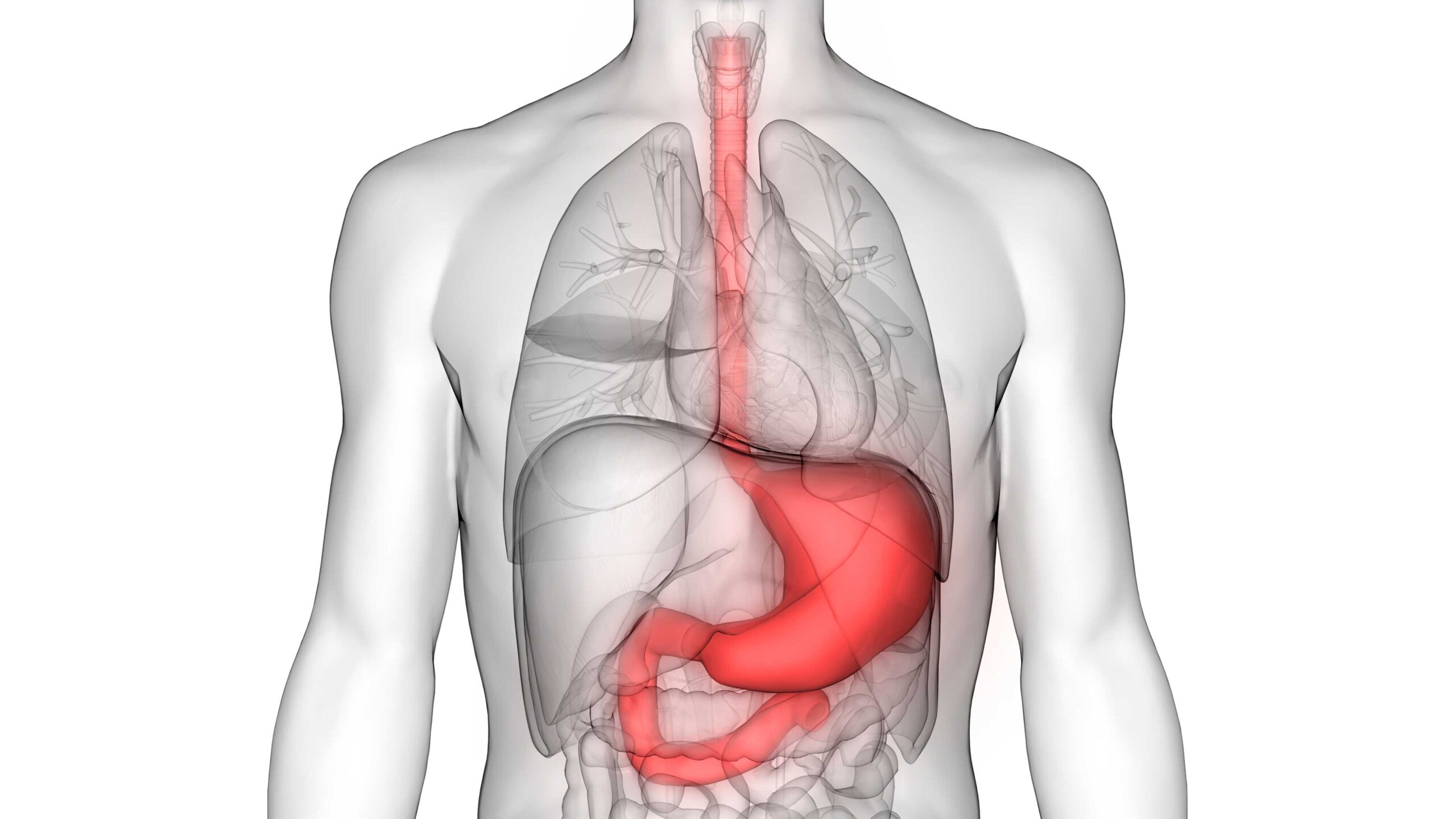Food has a significant influence on our lives. But, have you ever considered what happens to it after you’ve eaten it? If that’s the case, you’ve come to the correct spot. Every piece of food you consume is broken down into smaller components by your stomach. The body’s digestive system is wonderfully efficient at eliminating any unnecessary items. When you break down foods, it cleverly absorbs the nutrients it needs and determines what is waste.

Why is the process of digestion so important?
When it comes to food preparation, there are four phases to consider. This article will walk you through the digestive process, from beginning to end, so you can comprehend exactly what takes place in your body when you eat flavorful foods!
The 4 Main Stages Of Digestion
1. Ingestion
The first stage in the food preparation process is chewing. Your teeth begin to separate food as soon as you put it in your mouth.
Saliva begins to secrete from your salivary glands as the food is crushed into smaller particles. The particles become lubricated after they’re swallowed.
2. Digestion
Food is stored in the stomach until it reaches the small intestine. The stomach “churns” the meal, mechani- cally breaking it down into smaller pieces, during this time.
Glands in your stomach secrete the enzyme pepsin, which aids digestion by breaking down proteins in your meals.
Bile salts produced by your liver aid in the breakdown of fats in the meal as soon as it enters your small intestine. Pancreatic enzymes help to break down the rest of the proteins, fats, and carbohydrates after this stage.
3. Absorption of Nutrients
The 4 Stages of Digestion and Why It MattersThe stomach and small intestine break down the major nutrients, allowing your cells to absorb the rest. The cells in your small intestine’s lining absorb nutrients and vitamins, which are then carried via the circulation to your body. It is then your blood that transports the nutrients to the rest of your body, where they can be retained or utilized appropriately.
4. Egestion
Finally, there is the unpleasant (but completely natural!) stage, egestion. The rest of the product has now been judged to be trash by this time.
The majority of the nutrients in the food you eat won’t make it to your bloodstream or other tissues in your body, but rather will be absorbed and utilized by your small intestine. It is then passed through your large intestine and converted to a solid stool before it reaches your rectum.
Problems With The Digestive System
Unfortunately, things don’t always go as smoothly as planned in the digestive system. According to the NHS (2021), about 4 out of 10 individuals experience at least one digestive problem at some time! Digestive issues include:
- Constipation
- Diarrhoea
- Heartburn
- Bloating
- Stomach ache
The types of meals you consume are the most common cause. However, your digestive system may also be influenced by lifestyle habits and stress.
Wrap-Up
Certain foods may cause gas, bloating, and digestive problems. These issues are usually minor and will disappear on their own if left untreated. If symptoms persist, however, it’s a good idea to see your doctor.
Taking turmeric tablets may also help you. Turmeric is a spice that has a variety of advantageous effects, including helping to maintain the function of the immune system.
Leave a Reply